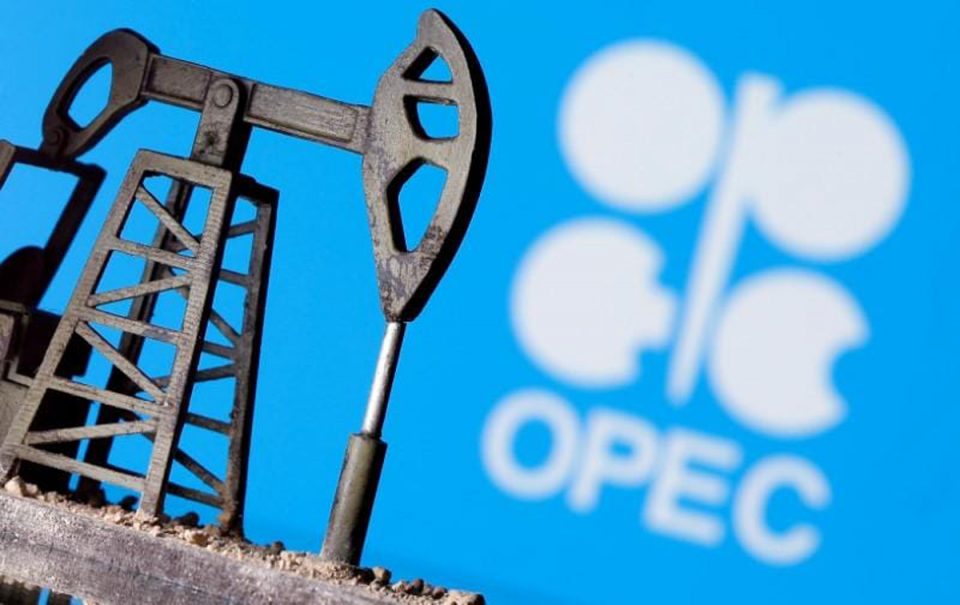The Federal Government and Organisation of Petroleum Exporting Countries, OPEC, have differed on Nigeria’s rig count, a major index of measuring oil and gas activities in the industry.
In its latest report obtained by Vanguard, the Nigerian Upstream Petroleum Regulatory Commission, NUPRC, which regulates the nation’s upstream activities, puts the nation’s total count at 53, before specifying that 12 are currently active, while 25 and 16 are ‘standby and stacked’ respectively.
Emir of Kano, OPEC Secretary-General, others join Valuechain Editorial Advisory Council
But in its April 2022 Monthly Oil Market Report, MOMR, OPEC, puts the country’s rig count at 10, which remains low, considering the rig deployment in other African countries.
For instance, according to OPEC report, Algeria tops all oil and gas producing countries with 30 rigs while Congo comes last with only one.
However, some experts have called for increased investment in Nigeria’s oil and gas industry, targeted at increasing the country’s capacity to deploy more rigs.
Specifically, in an telephone interview with Vanguard, the National President, Oil and Gas Service Providers Association of Nigeria, OGSPAN, Maxi Colman Obasi, said: “There is a great need to increase investment in the industry. The nation’s rig count remains low because significant investment has not yet been made into the industry, despite the passage of Petroleum Industry Act, PIA, into law. It should be noted that because of lack of legislation, it was not possible for the nation to attract much investment in the past.
“But armed with the current PIA, the nation would likely start to witness substantial investment, capable of boosting investment in the industry. In other words, the industry stands a chance to record a substantial increase in rig count, exploration and the reserves addition.
“This should be encouraged as Nigeria had in the past failed to achieve its 40 billion barrels reserves target by 2020”.
Similarly, a Port Harcourt-based energy analyst, Dr. Bala Zaka, also called on local and foreign investors to invest seize the opportunity created by the PIA to increase their investments in the industry.
In any case, Minister of State for Petroleum Resources, Timipre Sylva, had expressed hope that the PIA would stimulate investment, leading to increased rig deployment and other activities in the industry.
According to him, “The PIA 2021 will undoubtedly assist in harnessing Nigeria’s potential to achieve its plan of increasing oil production to 4mb/d and oil reserves from 37bbls to 40bbls, while also drawing on the country’s estimated 600TCF of natural gas reserves to provide clean and efficient energy.
“These resources will be crucial in supplying world markets with a broad portfolio of energy options, as well as supporting the global endeavour to alleviate energy poverty as envisioned in the United Nations’ Sustainable Development Goal 7.
“Furthermore, generous incentives have been proposed in the PIA 2021 to enable development, distribution, penetration and utilisation of gas.
“The National Gas Expansion Programme was also launched in January 2020 to drive domestic utilization. Our proven gas reserves are sufficient to cover current demand levels and support plans for the construction of nine new gas-fired power plants with a combined name-plate capacity of nearly 6,000 MW by 2037.
“This validates gas as a viable and transformational fuel for industrial development. This is why President Muhammadu Buhari who is also the Minister of Petroleum Resources has declared 2021-2030 as the Decade of Gas, which provides the fulcrum for focusing effort and resources required at making gas the centerpiece of Nigeria’s economy by 2030.
“The PIA 2021 also preserves existing levels of Government take for a transition period through grandfathering provisions, and proposes a fiscal regime that encourages investment in order to monetise existing reserves before the clock runs out.
“Thus, provisions relating to voluntary conversion, production allowances, lower royalties and taxes, cost optimisation focus, etc. have been enshrined therein to address the envisaged fiscal vulnerabilities.”




